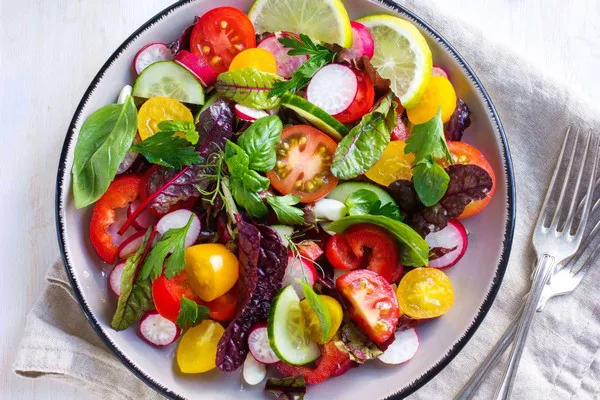Background:
With the incidence of colorectal cancer rising among individuals younger than 50, national guidelines have lowered the recommended age for colorectal cancer screening to 45. Despite this, outdated recommendations persist regarding colonoscopy bowel preparation, particularly the instruction for patients to adhere to a clear liquid diet the day before the procedure. This unnecessarily complicates the preparation process for the millions undergoing colonoscopies annually.
Study Findings:
Recent studies challenge the necessity of a clear liquid-only diet before a colonoscopy. While certain foods can obscure colon views, many solid foods can be consumed without affecting the procedure’s quality. A low-residue diet, devoid of vegetables but rich in starch and protein, has been proven just as effective and far more tolerable than a clear liquid diet. Numerous randomized trials have consistently shown that allowing solid foods before a colonoscopy yields comparable cleanliness results while improving patient satisfaction and reducing appointment cancellations.
Challenges to Adoption:
Despite overwhelming evidence supporting the efficacy and acceptability of a low-residue diet, many gastroenterologists continue to recommend clear liquid diets out of habit or concern over patient comprehension. However, this approach is unnecessarily pessimistic and paternalistic. While inertia within the medical community poses a barrier to change, individual practitioners and endoscopy units can gradually adopt evidence-based practices, eventually catalyzing broader adoption across the field.
Recommendations:
Gastroenterologists are urged to update their preparation instructions based on the latest evidence. Patients can be advised to follow a diet including foods like cheese, eggs, milk, white bread, and certain meats while avoiding foods like popcorn, seeds, nuts, and raw fruits and vegetables. Though these instructions may be more detailed than those for a clear liquid diet, they offer a more practical, humane, and effective approach to colonoscopy preparation.
In conclusion, it’s time for gastroenterologists to embrace evidence-based practices and offer patients a more palatable and equally effective alternative to clear liquid-only diets before colonoscopies.

